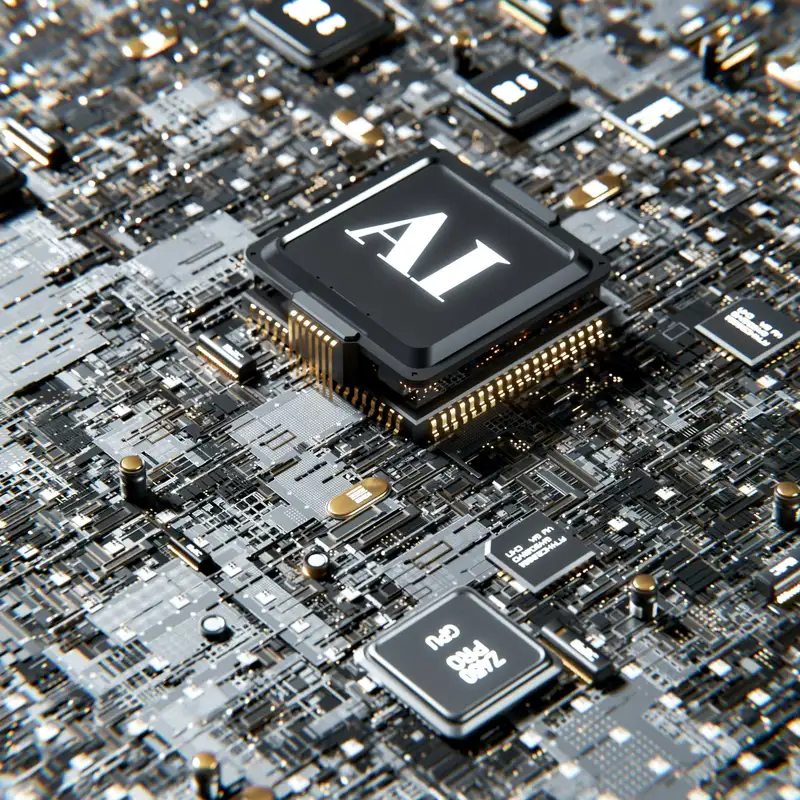
The Future of AI Interaction
Welcome to all things DevCast, the podcast where we dive deep into the world of software engineering, developer tools, cutting edge technologies, and transformative power of large language models. I'm your host, Ali, a technologist with a love for solving problems and building impactful solutions. In this podcast, we'll explore the latest trends, tools, and ideas shaping the development landscape. Whether you're a seasoned developer, a product manager, or just curious about the future of tech, this is the space where you'll find insights, discussions, and practical knowledge to help you stay ahead. In our first episode, we are going to look at the future of AI interaction.
Ali:We're going to explore 2 exciting AI systems, OpenAI's operator and Anthropic's Claude. Let's dive in and see how these systems are changing the game. Let's start with OpenAI's operator. This system is a computer using agent or Kua designed to interact with computers in a way that feels more natural. It can perform tasks like filling out forms or ordering groceries using a browser, essentially automating tasks that would otherwise require human intervention.
Ali:Operator's strength lies in its ability to navigate GUIs, which is a significant step forward in AI interaction. It excels in browser based automation tasks, achieving a high score of 87% on the Web Voyager benchmark, outperforming Claude's computer use, which scored 56%. However, operator still faces challenges with complex interfaces or tasks required nuance understanding. It's also important to note that operator includes safety measures to ensure user control and data privacy. Now let's switch to Anthropics Claude with while specific details on Claude's capabilities might be limited, it represents a broader trend in AI development, creating systems that can seamlessly integrate in human workflows.
Ali:Cloud's computer use feature allows it to interact with both browsers and desktop applications, offering greater versatility compared to OPDR. Claude's latest model, the 3.5 SONNET, is touted as Anthropic's most intelligent model yet. Outperforming OpenAI's GPT 4 0 in several benchmarks. However, Claude's computer use is still experimental and prone to errors, especially in tasks that require precision. Competing operator and cloud, we see 2 different approaches to enhancing human computer interaction.
Ali:Operator focuses on automating tasks through GUI interaction, excelling in browser based tasks. Claude, on the other hand, offers broader functionality by interacting with desktop applications, though it is more error prone in certain tasks. So what does this mean for the future of AI interaction? These systems are changing the game. They're not just automating tasks.
Ali:They're redefining how we think about work and productivity. The challenges, of course, include ensuring these systems are ethical, transparent, and safe, but the opportunities are vast. Imagine being able to automate routine tasks and focus on more creative work. Thanks for tuning in to our 1st episode of all things DevCast. If you have thoughts on the future of AI interaction or want to explore more about operator and cloud, feel free to reach out to me on LinkedIn, Facebook, Twitter.
Ali:Don't forget to subscribe. And, until next time, stay curious. Keep exploring.